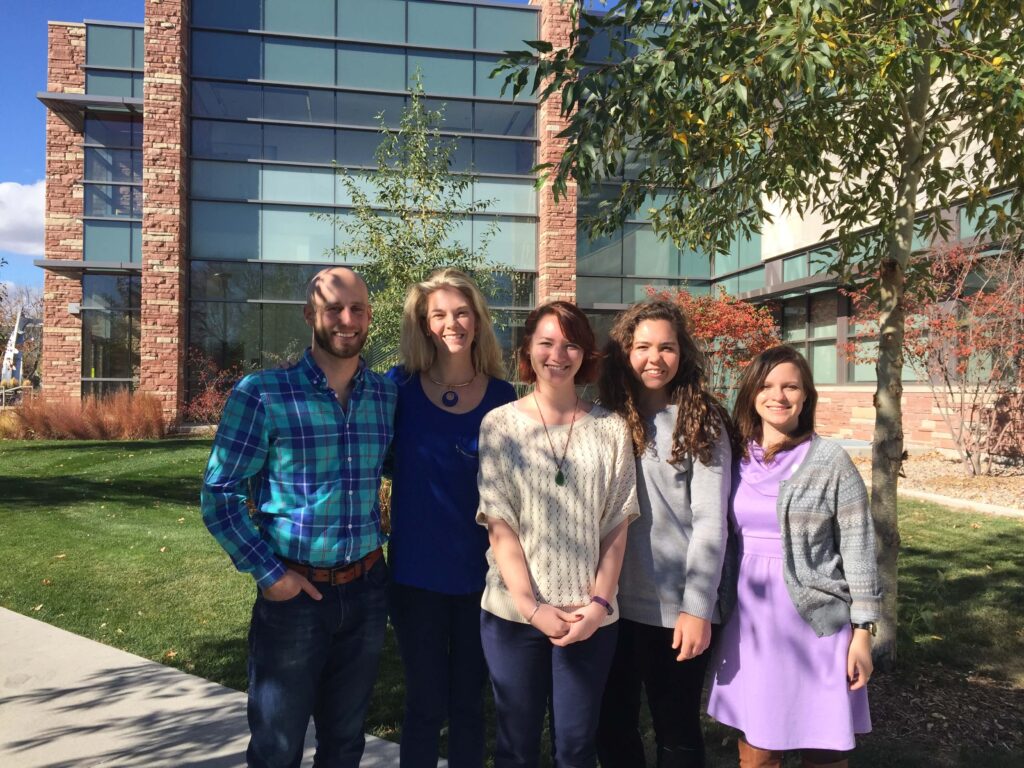
PI: Erika Lunkenheimer
NIH 7K01HD068170
Administered in: College of the Liberal Arts
Abstract:
This K01 award from the National Institute of Child Health and Human Development (NICHD) provides a 5-year training program to enable the candidate to become an independent researcher in the field of child maltreatment etiology and prevention. The primary focus is to relate biobehavioral patterns of parent-child coregulation in high-risk families to individual differences in the antecedents and outcomes associated with child maltreatment. Specific aims are to: (a) examine whether parent-child coregulation of physiology, affect, and behavior buffers families at risk for maltreatment from poor parenting, child self-regulation problems, and maltreatment incidence; and (b) examine how parent-child coregulation in response to experimental challenge and repair conditions relates to profiles of healthy, abusive, and neglectful parenting behaviors. Long-term objectives include using these findings to inform the enhanced tailoring of child maltreatment prevention approaches according to parent-child profiles of biobehavioral coregulation. Study methods involve a longitudinal design with observational and/or questionnaire assessments at child ages 2.5, 3, and 4 years old, which allows for the study of both dynamic micro-level patterns in response to experimental conditions in the laboratory and the modeling of macro-level developmental trajectories of child maltreatment risk across early childhood. The candidate is receiving training from Dr. Pamela Cole, an expert in self-regulation from normative and developmental psychopathology perspectives; Dr. David Olds, an expert in early preventive interventions with high-risk families; Dr. Kristin Buss, an expert in physiological regulation and mental health in early childhood, and Dr. Elizabeth Skowron, an expert in physiological self-regulation and coregulation in maltreating parent-child dyads. Drs. Steven Boker and Ruth Feldman act as statistical consultants in dynamic time series analytic methods. Training goals are to: (1) develop skill in the use, analysis, and interpretation of physiological data; (2) develop skill in dynamic time series statistical methods with which to analyze multiple, concurrent real-time data streams within and across interaction partners; (3) enhance expertise in observational research with populations at risk for child maltreatment and the implications of basic research for child maltreatment prevention; and (4) continue professional development through scientific publications and presentations, grant writing, and training in the responsible conduct of research. The activities proposed for this award provide a firm foundation for investigating how individual differences in dyadic biobehavioral coregulation act as markers of child maltreatment risk and therefore reduce heterogeneity in our understanding of child maltreatment etiology. This work will provide an unprecedented level of detail in early risk factors for child maltreatment, which will offer prevention scientists and practitioners more specific targets with which to better tailor existing maltreatment prevention programs.
Penn State Team

Colorado State University Team

Graduate Students:
- Kayla Brown
- Alex Busuito
- Catherine Diercks
- Frances Lobo
- Mandy Skoranksi
Undergraduate Students:
- Ashton Boal
- Kayla Keech
- Rae Narun
- Jeremy Olbum
- Hannah Patton
Research Staff:
- Macy Cellitti
- Kriss-Ann Gayle
- Soraya Khaja
- Jack Yan